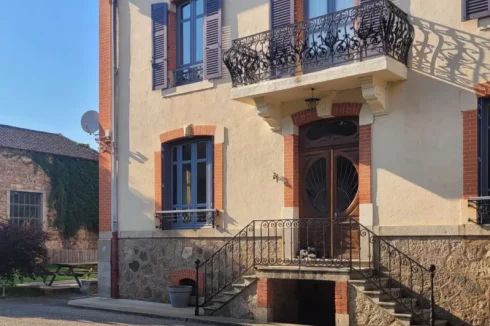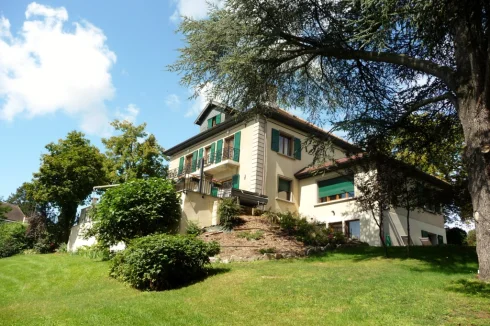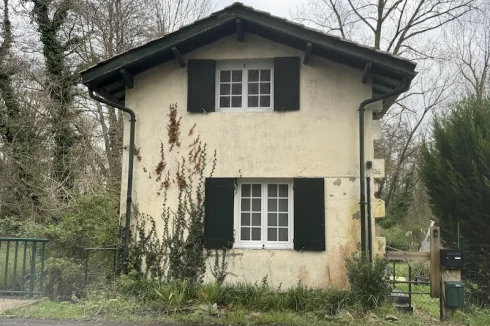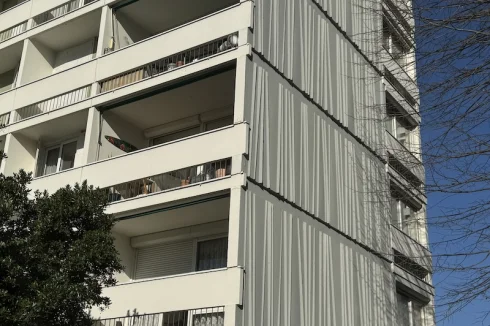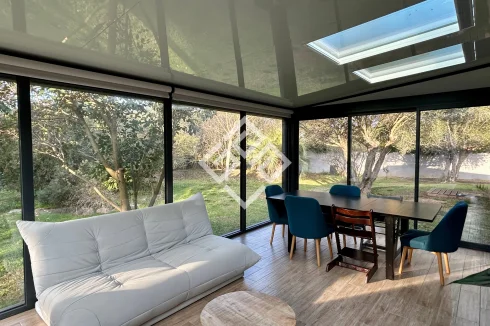Right of Residence in France
Thursday 03 March 2016
The right of residence and to health cover in France for early retirees is rather less clear in law than the European Commission would like us to believe.
In reality, the freedom of movement in Europe for EEA citizens is only partially true (and may become even less so in the future with events unfolding as they are in the UK and Europe).
As originally conceived, Article 45 of the Treaty on the Functioning of the European Union only granted the right to workers, job-seekers and their families.
It was only as a result of Directive 2004/38 that enshrined in European law "the right of citizens of the Union and their family members to move and reside freely within the territory of the Member States."
However, the legislation only granted an unrestricted right of entry without visa formalities or conditions for a maximum period of three months.
Beyond three months, the automatic right of residence exists only to those who are employed/self-employed or seeking employment, as well as students.
In the case of those who are economically inactive, such as pensioners and early retirees, European law states that the right of residence is subject to the citizen having:
"comprehensive sickness insurance cover in the host Member State and..... that they have sufficient resources for themselves and their family members not to become a burden on the social assistance system of the host Member State during their period of residence."
It is only after 5 years' legal residence does there exist an unconditional right of residence, without the risk of expulsion.
Under European Regulation 883/2004, which governs the coordination of social security systems in France, the right to social benefits (including health care) is granted to anyone who is 'habitually resident', but the regulation really only refers to employed and self-employed persons.
Other 'insured persons' are subject to the regulatory framework of individual Member States, albeit within the framework of European law.
Retired persons of pensionable age meet the residence qualification as they have pension income and they are covered for health through their S1 certificate of exemption (health costs paid by pension country), which automatically grants health cover in France.
As far as early retirees are concerned the right of residence is more ambiguous, for they need to be self-sufficient and have health insurance cover.
The European Commission argue that as all those resident in another Member State are entitled to equality of treatment with nationals of the home country, the obligation of non-discrimination implies that economically inactive persons have an entitlement to access the French health system.
This has not been the position of the French government, who have considered that the requirement of health cover is a prior condition of being legally resident in France - the 'régulière' test they impose and which we discussed in our article France's New Universal Health Care System.
In the past, when we have contacted the European Commission to provide us with a clear statement of early retiree right of access to the health system, in support of their position they have had to resort to quoting case law from the European Court of Justice (ECJ).
That does suggest there is enough ambiguity in primary legislation to leave room for argument.
Without a clear and unequivocal basis in statute, case law is an insecure base on which to base an expression or rights, a problem that has increased in recent years as a result of a number of judgements handed down by the ECJ, which have imposed limits on the right of individuals to 'social assistance' in a Member State.
Thus, the Dano case in 2014 made clear that Member States may reject claims to social benefits by EU citizens who have no intention to work and cannot support themselves.
Similarly, in 2015 the CJEU’s Alimanovic judgment further limited the right of individuals to claim social benefits, even though they had worked for a short period in another Member State.
The forthcoming ECJ judgement in the case C-308/14, Commission v UK, also looks to confirm the slide, for the Advocat General of the ECJ has recommended to the court that it rejects the Commission argument that the UK was being discriminatory in seeking to limit social benefits to those who were 'legally resident' in the country.
The point about setting out these arcane legal references is to emphasise that in considering an application to join the health system from an early retiree there may be enough wriggle room for the French authority to reject applications they do not like.
In particular, there seems enough discretion available to them to filter out those households who are likely to be burden on public finances, without infringing European Commission demands.
The application does not require that you disclose your medical circumstances, so your application could not be rejected on this basis.
However, you are required to provide details of your income and resources, not only to determine the charge you will pay ('cotisation maladie') to the health system, but potentially to assess whether you are self-sufficient.
The test of 'sufficient resources' to be legally resident in France is not a tough one so there is no need to be too concerned. A couple under 65 with an income of €1,000 a month would pass the test, and those 65+ would only need to show a little more than that.
If you relocate to France as an economically inactive household under the age of retirement without this level of income (or at least enough in savings/capital be to be able to be self-sufficient for at least 5 years) it is quite possible your application for health cover may be rejected.
One of the key issues here is that low-income might entitle you to free health care so the authorities are likely to look upon the application less favourably.
To conclude, however, we need to stress that as far as we can ascertain the French government are complying with the assurances they gave to the European Commission to grant early retirees access to the health system.
We say that because your mails confirm it, despite the length of time some applications are taking to be processed.
The Commission have also confirmed to us that early retirees are still being admitted to the French health system, stating:
"As the guardian of the Treaties, the Commission ensures that EU law is correctly and timely adopted or transposed into the Member States' national law, and takes action whenever this does not happen. At this moment, this specific case is closed and so far the Commission services have not received any citizens' complaints on discrimination in access to the new benefit."If you are refused access we would be most interested in hearing from you. You can contact us at [email protected].
Related Reading:
Next Article: A Place in the Sun Live Manchester
Thank you for showing an interest in our News section.
Our News section is no longer being published although our catalogue of articles remains in place.
If you found our News useful, please have a look at France Insider, our subscription based News service with in-depth analysis, or our authoritative Guides to France.
If you require advice and assistance with the purchase of French property and moving to France, then take a look at the France Insider Property Clinic.
